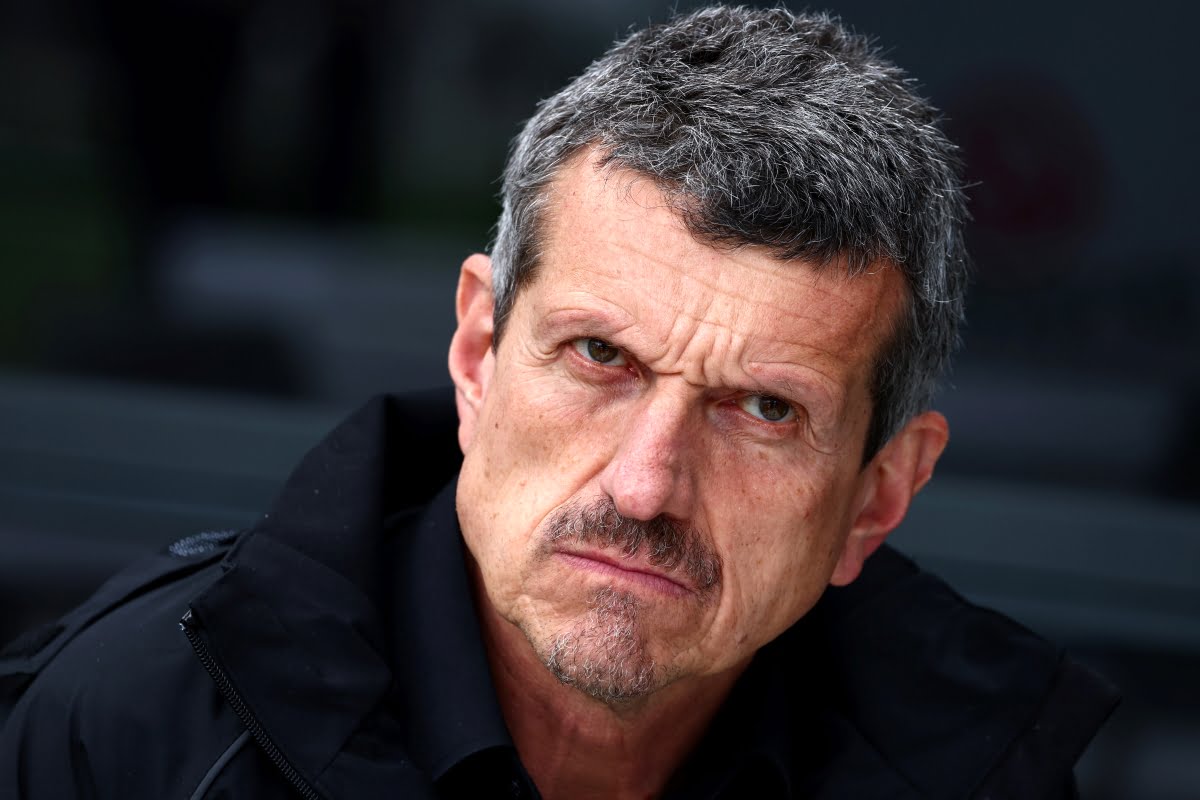Haas can’t be expected to retain pace with the competition in Formula 1 without implementing an overhaul of its structure, according to ex-team boss Guenther Steiner.
Following a torrid campaign that saw it slump to the bottom of the championship last term, Haas announced in January that Steiner’s contract had not been renewed.
Owner Gene Haas expressed that he had been “embarrassed” with the squad’s recent performance, with Ayao Komatsu, formerly Head of Trackside Engineering, being installed in a move that was described as placing engineering at the heart of its setup.
Steiner, who had been at the helm of the team since its inception, disagreed with Haas on how the team should be run, with the former lobbying for further investment.
Since entering the grid in 2016, Haas has operated out of bases in England and Italy amid a close technical alliance with Ferrari that sees it purchase non-listed components.
However, Steiner contends that the budget cap – introduced in 2021 to limit teams’ spending – has changed the landscape of F1 and reduced the advantages of Haas’ model.
“I wanted to invest in the team, he didn’t,” Steiner told German publication Auto Motorsport.
“We simply had different views on how things should proceed. The way the team was set up, you couldn’t ask for much more. This is not a criticism of the team, but the reality.
“The budget cap has completely changed Formula 1. Old structures no longer work.
“McLaren, Williams, [and] AlphaTauri have been investing for two years in the infrastructure so that they have more budget for the operational business. If you don’t follow suit, you can’t expect to be able to keep up.”

The root cause of Haas’ struggles last term emanated from enduring excessive tyre degradation laboured with an initial car concept that had hit a development ceiling.
Although it introduced a revamped VF-23 challenger in Austin, the Kannapolis-based side continued to experience similar issues until the end of the previous campaign.
Steiner admits the team were too slow to respond by converting to the popular downwash solution but insists its problems are amplified by having a smaller workforce.
“It’s no secret that we were at an impasse with our concept and that it took us too long to react,” the Italian added.
“That’s what happens when you only have half as many people as others. But our guys didn’t do such a bad job.”









